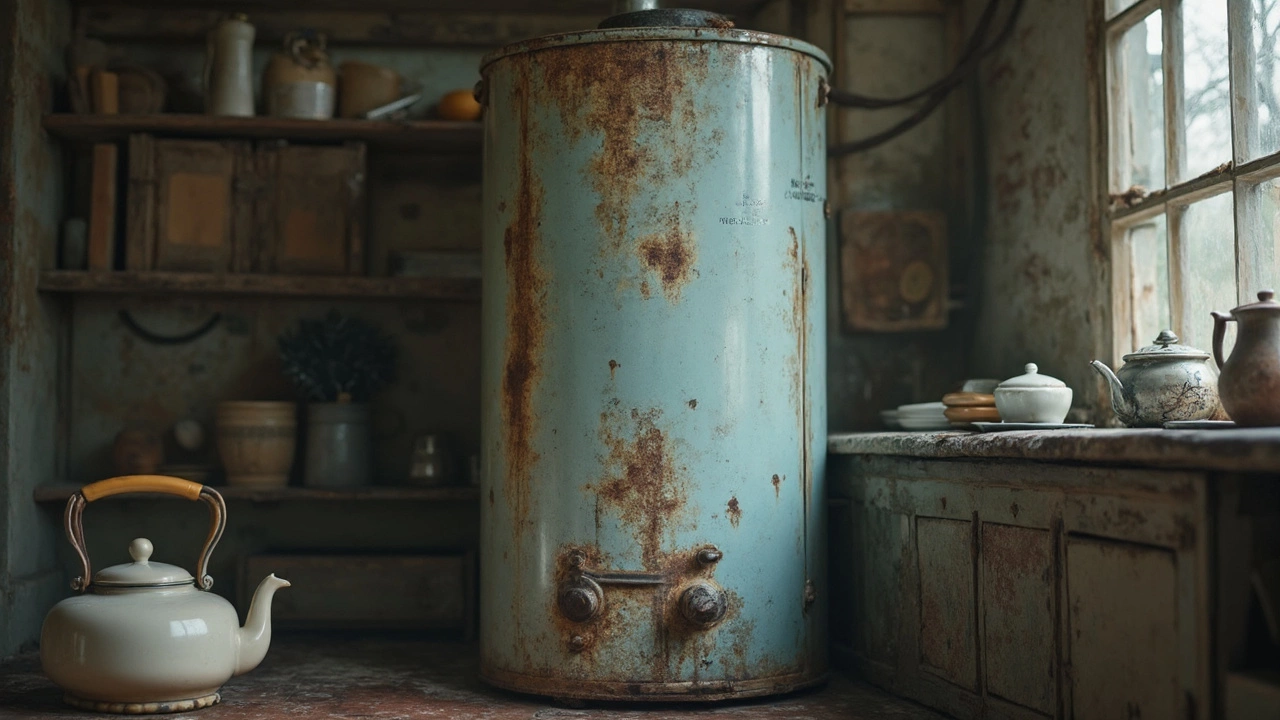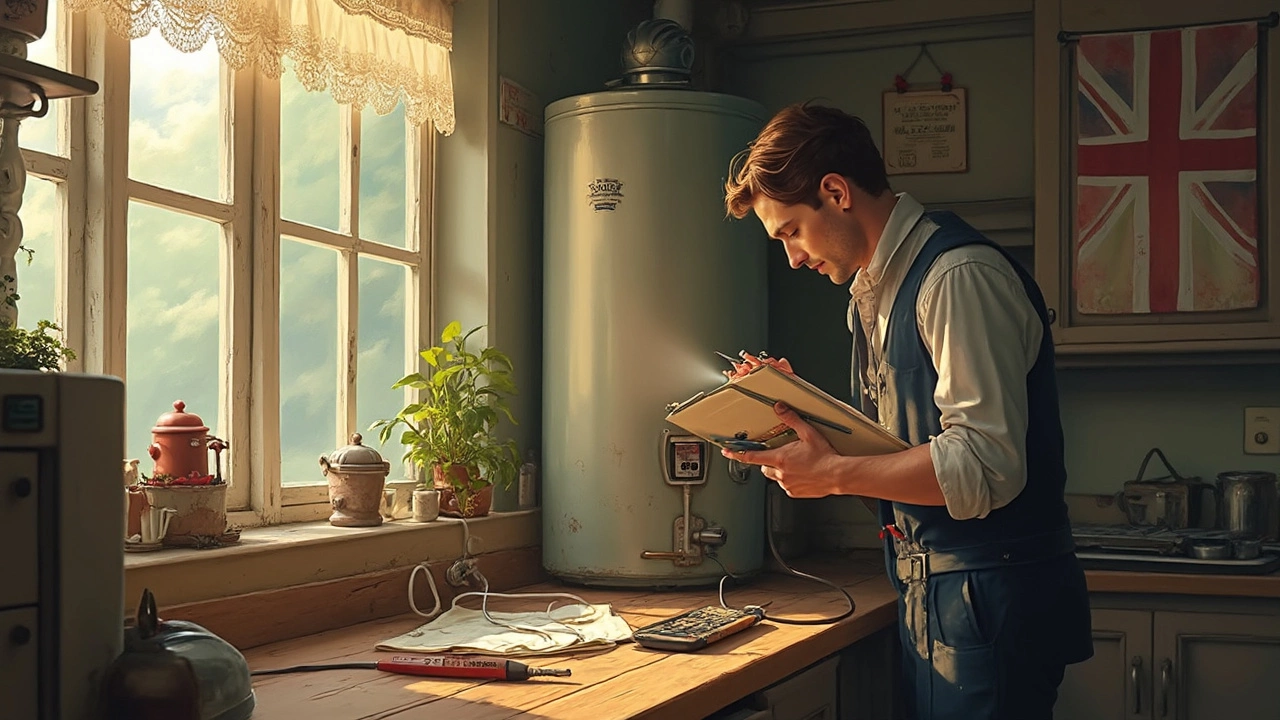How to Fix a Water Heater: Simple Steps & Pro Tips
If you’re shivering because the water isn’t hot, you’re not alone. Most homes face a water‑heater hiccup at least once a year. The good news? Many problems are easy to spot and fix without calling anyone.
Find the Problem First
Start by figuring out what’s wrong. No hot water at all? Check if the breaker tripped or a fuse blew. If you have a gas heater, listen for the pilot flame – it should be a steady blue. A loud rumble or leaking water points to a different issue.
Run the hot tap for a minute. If water stays lukewarm, the thermostat may be set too low or has failed. Look at the pressure‑relief valve on top of the tank; if it’s leaking, it’s trying to release excess pressure.
DIY Fixes You Can Try
Reset the breaker. Turn the power off at the main box, wait 30 seconds, then flip the breaker back on. This often clears a tripped safety switch.
Check the thermostat. Most tanks have two thermostats – a lower and an upper. Make sure both are set between 120‑140°F (49‑60°C). If you’re comfortable, you can replace a faulty thermostat; it’s a simple screw‑in part.
Flush the tank. Sediment builds up over time and makes the heater work harder. Turn off power or gas, attach a garden hose to the drain valve, and let the water run until it’s clear. Close the valve, refill, and turn the power back on.
Inspect the pilot light (gas models). If it’s out, follow the manufacturer’s instructions to relight it. A dirty pilot orifice can prevent ignition – clean it gently with a fine‑wire brush.
Look for leaks. Tighten any loose fittings on the inlet and outlet pipes. If the tank itself is leaking, it’s time for a replacement; a cracked tank can’t be repaired safely.
Always turn off electricity or gas before working on the heater. Wear gloves and eye protection, and never work on a wet floor.
If these steps don’t bring back hot water, or if you notice signs like a rusty odor, rust in the water, or persistent leaks, call a qualified technician. Professional help can diagnose deeper issues like a failing heating element, a broken valve, or a corroded tank.
Regular maintenance can keep your water heater running for years. Set a calendar reminder to flush the tank once a year and check the pressure‑relief valve quarterly. A little care now saves a costly replacement later.
Bottom line: most water‑heater problems have a simple fix you can do yourself. Try the quick checks first, and only call a pro when the issue feels unsafe or beyond a basic repair.
12 April 2025
·
0 Comments
Having trouble with your water heater? You're not alone! Water heaters can develop issues over time, from a lack of hot water to strange noises. This article breaks down the common failures that can affect your unit, explaining what may go wrong and why. Get insights into typical problems like thermostat failures, sediment buildup, or leaks, and learn some tips on how to address these problems.
Read more
22 February 2025
·
0 Comments
When your hot water heater stops working, it's not just an inconvenience—it's a call for action. Before you panic, perform some simple checks to diagnose common issues. From checking the power source to inspecting the pilot light, these steps can often help resolve the problem quickly. Knowing what to look for can save you from unnecessary repair costs and cold showers. Familiarize yourself with these troubleshooting steps and make sure your hot water heater is in top shape.
Read more
7 February 2025
·
0 Comments
Handling a broken water heater might seem daunting, but knowing when and how to fix it can save you money. This article explores whether it's worth tackling water heater repair on your own or calling in a professional. We'll discuss common issues, safety precautions, and tips on doing it yourself. Read on for valuable insights and practical advice.
Read more




